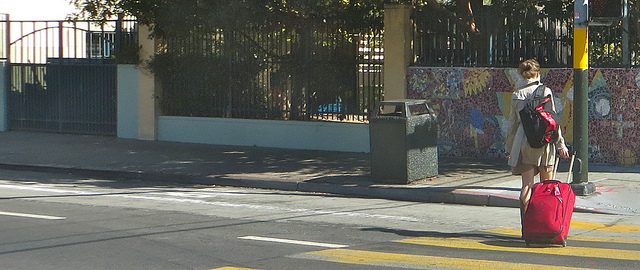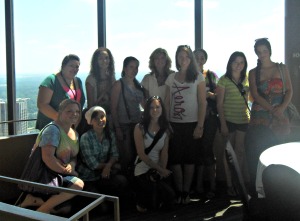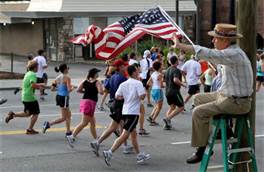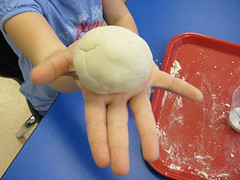“Rest and be thankful.” – William Wordsworth
Holidays and vacations are a great opportunity to rest, recharge and explore the U.S.
Spring break is a busy travel season for host families. Here are some reminders about program rules regarding holidays and vacations.
Holidays
- Host families are not required to give au pairs any specific holidays.
- Each host family will make different arrangements on holidays, some au pairs will be off and others will be required to work.
- Au pairs should not make plans for holidays without checking with your host family first.
Vacations
- Au pairs earns 2 weeks of paid vacation during the course of her year.
- Vacation time should be mutually agreed upon.
- All vacation should be preplanned (at least 4-12 weeks in advance.) This can allow time to coordinate the au pair’s weekend off for the month that she will also travel.
- All au pair’s friends and/or family visits/vacations should be pre-approved prior to purchasing tickets. Some host families will not be comfortable with your guest visiting during your work hours. You may need to coordinate your vacation with your guest’s plans.
- If an au pair travels with her host family, it should be discussed in advance whether this is the au pair’s vacation or if she is working.
- If an au pair travels with the host family to work, the host family is required to pay for her transportation, lodging and meals. Her Lodging should ensure her privacy.
Important: If an au pair is traveling outside of the U.S., she must have her DS2019 signed (travel validation) PRIOR to her departure from the US. A visitor’s visa may also be needed for the country you are visiting. More information about this may be found here on the Au Pair in America website.







 After the decorations are put away, the celebrations are over, the New Year has begun: and the post holiday winter blues are starting to hit you and your host family. What can you do to get through the long cold winter months happily.
After the decorations are put away, the celebrations are over, the New Year has begun: and the post holiday winter blues are starting to hit you and your host family. What can you do to get through the long cold winter months happily.